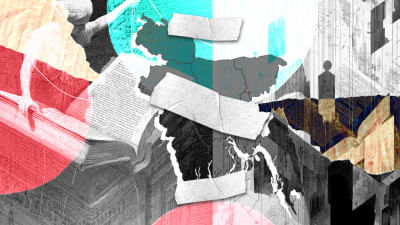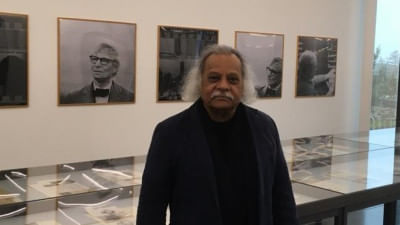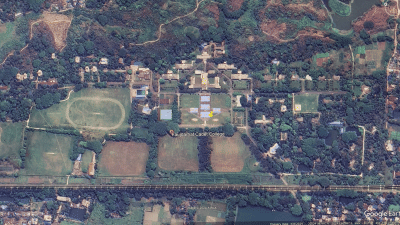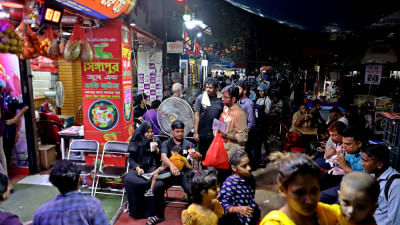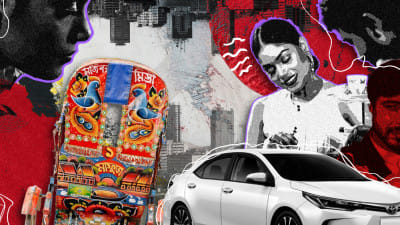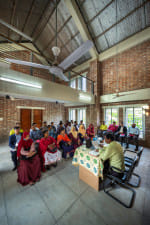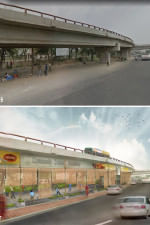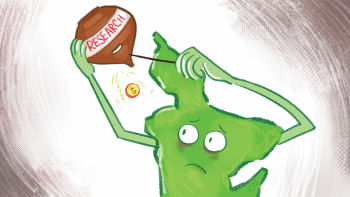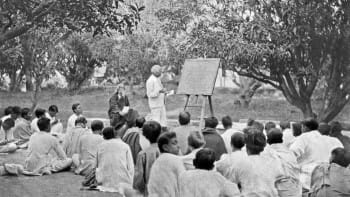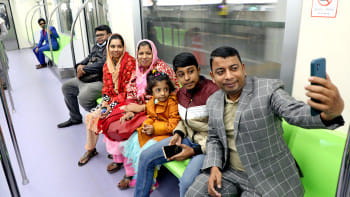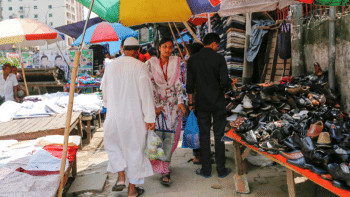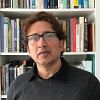
Adnan Zillur Morshed
THE GRUDGING URBANIST
Adnan Zillur Morshed, PhD, is an architect, architectural historian, urbanist, and public intellectual. He is a professor of architecture and architectural history at the Catholic University of America in Washington, DC, and executive director of the Centre for Inclusive Architecture and Urbanism at BRAC University. Morshed received his Ph.D. and Master’s in architecture from MIT, and BArch from Bangladesh University of Engineering and Technology, where he also taught. He was a 2018 TEDxFoggyBottom speaker at George Washington University. He is the author of multiple books; among them, Impossible Heights: Skyscrapers, Flight, and the Master Builder (University Minnesota Press, 2015), Oculus: A Decade of Insights into Bangladeshi Affairs (University Press Limited, 2012), DAC, Dhaka in 25 Buildings (Altrim Publishers, Barcelona, 2017), and River Rhapsody: A Museum of Rivers and Canals (BRAC University, 2018).
